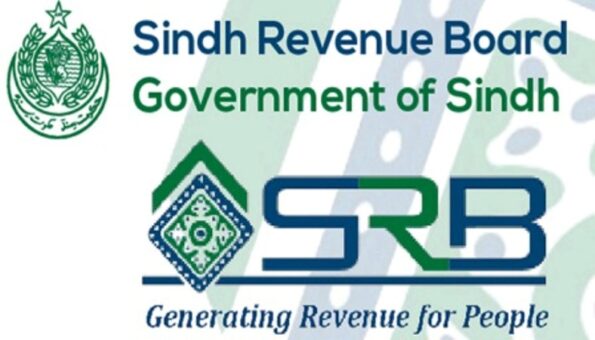KARACHI: Pakistan Business Council (PBC) has suggested the tax authorities to exempt withholding tax at import stage for avoiding generation of tax refunds and expansion of industry.
In its proposals for budget 2020/2021, the PBC recommended exemption from collection of withholding tax under section 148 at import stage and exemption for manufacturing concerns under Section 153.
It said that procedures and rules for obtaining exemption certificates for import of plant and machinery and raw material by tax payers have serious restrictions, which causes hardship.
Corporate manufacturing sector should be excluded from the purview of income tax withholding at import stage under section 148 as well as from tax deduction on local supply under section 153.
Similar exemption is already given to the greenfield industries through the Finance Supplementary Second Amendment Act 2019 announced in March 2019.
The same exemption, however, is not available, for the brownfield expansion.
Moreover, all the companies engaged in manufacturing should be exempt from withholding of tax under section 153.
Similar exemption is available for Sales Tax in the Sales Tax Special Procedure (Withholding) Rules, 2007 via SRO 586 dated July 1, 2017.
Alternatively, issuance of exemption certificate from withholding under sections 148 and 153 should automatically trigger on the FBR portal based on payment of quarterly advance tax under section 147 to avoid harassment of genuine taxpayers.
This will enable taxpayers to avoid creating huge tax refunds and focus on more expansion.
This would increase the investments for brownfield capacity expansion as well and would provide a meaningful relief (similar to greenfield expansion) with regard to BMR and extension / expansion. Further, it will also attract foreign direct investment in the form of new expansion ventures as well as partnerships and hence will also result in export growth.





